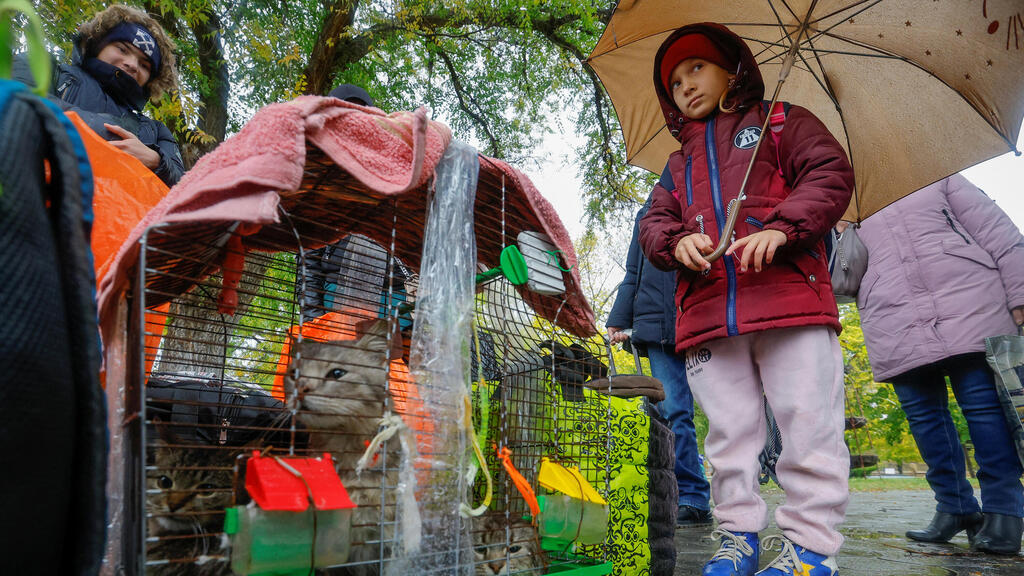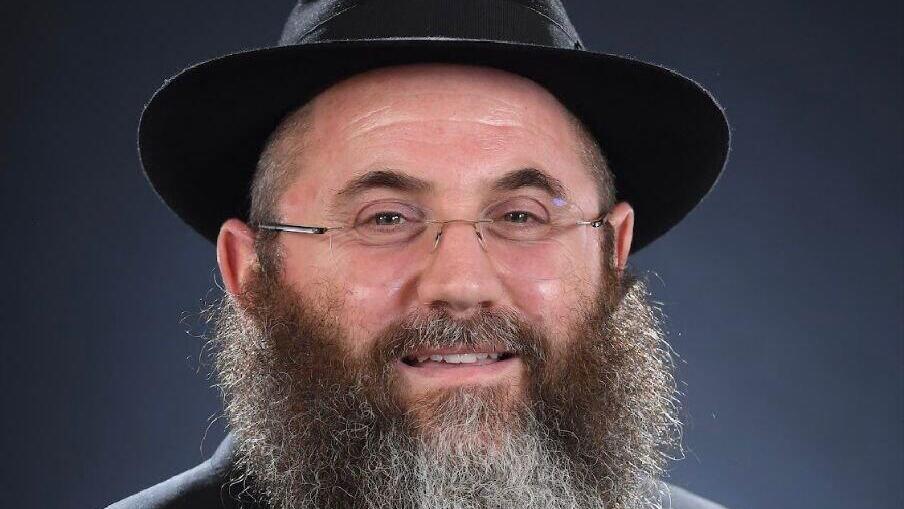While Kyiv and Moscow are occupied with the withdrawal of Russian forces from the city of Kherson, many of its residents are cut off from electricity and any means of communication. About 80% of the city's population already left, including local Jews who had the wherewithal for it.
But hundreds of the southern Ukrainian port city's poor and elderly were left behind, and Jewish charities are struggling to provide them aid in the absence of electricity and manpower.
"Only seven out of 150 caregivers are left to treat the elderly," Alexander Weiner, the head of a local Jewish charity, said. "As of three weeks ago, there were 650 people left in the city that were treated by our organization. No less than 230 are handicapped and eight are bedridden."
Weiner himself left the city for Odessa, and he tries to keep in touch with the volunteers and the needy in his community.
"Despite the lack of communication, I was able to speak to one of them in recent days, Artemieva Oksana. She told me that the situation in Kherson was catastrophic. As of the beginning of the week, there is no electricity in Kherson, as a result of damage to the power line that provided electricity from the Zaporizhzhia Nuclear Power Plant. Communications in Kherson have been down for about three weeks now," he said.
"The situation is terrible, what can you do without electricity? If the power isn't restored within three days, people will start dying.
The occupiers cut off all elevators three months ago, and they transferred all the new buses to Russia. We have a few old buses that occasionally pass by Kherson."
Kherson Chief Rabbi Yosef Y. Wolff told Ynet in an interview that "the situation is tough, and these are challenging times" and describes Kherson turning into a ghost town.
According to him, the Russians are not staying in the city itself but are spread out across outposts surrounding it.
"Despite the difficult situation, the synagogue is still active and there are Shacharit and Minacha prayers (morning and afternoon prayer services) still being held there. Aravit has been discontinued due to the curfew, and people try not to walk around at night anyway," Wolff said.
"Throughout this recent period, we dealt with it more intensively, and continue even now to provide people with basic needs. Some of them are disabled and cannot leave the house, so it is our duty to make all the help available to them in their homes."
Rabbi Wolff says that the only way to help the community is by praying: "Right now, all we can do is pray. prayers help. Everything else that is logistics related, we're doing the best we can."



